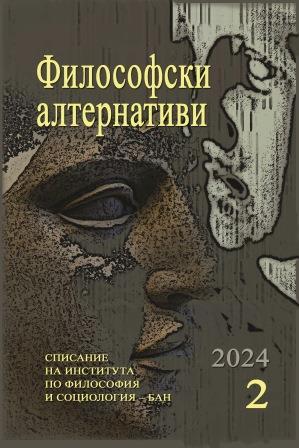The Continuing Socio-political Appeal of Thermopylae Symbolism and the War in Ukraine
The Continuing Socio-political Appeal of Thermopylae Symbolism and the War in Ukraine
Author(s): Miloš Petrović, Darko GavrilovićSubject(s): Politics / Political Sciences, Politics, History, Philosophy, Special Branches of Philosophy, Sociology, Comparative history, Military history, Philosophy of History, Politics of History/Memory, Politics and Identity, Identity of Collectives, Peace and Conflict Studies
Published by: Институт по философия и социология при БАН
Keywords: heroisation; Thermopylae; war; politic; Ukraine; myths
Summary/Abstract: The main aim of this article is to examine the causes behind the recurring heroic motives of Thermopylae up to the present day. This phenomenon, referred to as the comparative heroisation process, is analyzed in the context of initiation, glorification, and identification of contemporary European soldiers with the Spartan warriors. The author(s) primarily employ a comparative historical method, incorporating some elements of a constructivist approach. The Battle of Mariupol, one of the largest clashes during the invasion of Ukraine, is specifically examined. However, instead of focusing on measuring the actual degree of similarity to Thermopylae, the author(s) concentrate on the metaphorical aspect. The central question raised is: why has the symbolism of Thermopylae persisted? Additionally, the authors explore the continuities and discontinuities that the Mariupol case demonstrates in comparison to earlier historical examples. The author(s) aim to demonstrate that the heroisation process does not necessarily require defenders to possess all sublime virtues. On the contrary, it may be sufficient for the community to aspire to acknowledge, identify with, or achieve certain arch-heroic traits or qualities, which can then be attributed to their respective national courageous champions, irrespective of how closely they resemble the heroic role models.
Journal: Философски алтернативи
- Issue Year: XXXIII/2024
- Issue No: 2
- Page Range: 21-41
- Page Count: 21
- Language: English
- Content File-PDF

